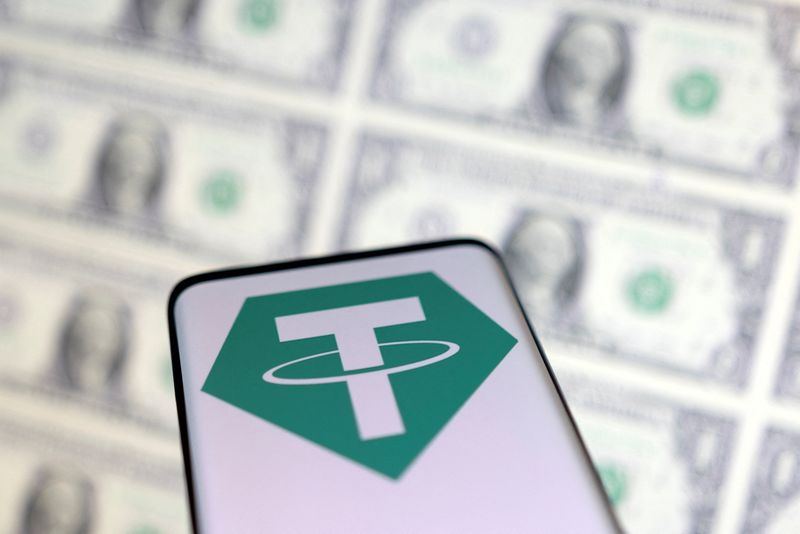© Reuters
WORLDWIDE – The United Nations has identified the cryptocurrency (USDT) as a significant tool for money laundering in East and Southeast Asia, with its use now extending to international human trafficking rings and high-speed laundering teams. The UN report, released January 15th, underscores the use of USDT in unauthorized online gambling, romance scams, “sextortion” blackmail schemes, a scheme commonly known as “pig butchering,” and other illicit activities.
The report comes amid ongoing challenges faced by US authorities in curbing the criminal misuse of Tether. Despite actions that include the seizure of funds linked to criminal activities and partnerships with U.S federal agencies, Tether remains a favored medium for organized crime groups. Its irreversible transactions and the broader unregulated environment of cryptocurrencies continue to facilitate fraudulent fund transfers.
In recent months, Tether has taken proactive measures to combat these issues. In November, the company aided the U.S. Department of Justice by freezing $225M in USDT connected to a “pig-butchering” scam. Additionally, Tether has reached out to US Senate and House Committees detailing their anti-crime initiatives such as Chainalysis’s reactor tool for transaction analysis and an AML/KYC-focused Compliance Department. Dune Analytics data indicates that Tether has blocked transactions from 1,260 suspicious addresses valued at over $875M due to their connection with criminal activities.
The issue of money laundering through digital currencies is a persistent concern for law enforcement agencies. The anonymity afforded by cryptocurrencies like Tether poses significant hurdles in tracking and prosecuting financial crimes. Jeremy Douglas from UNODC cited the establishment of a parallel banking system by organized crime via new technologies amidst inadequate crypto regulations.
In Singapore, forces have been successful in dismantling a laundering network tied to illicit Tether transactions, recovering over $735M in cash and crypto assets. This crackdown occurred in August last year. Despite these efforts, signs in Myanmar and Cambodia openly promote black market token-to-cash exchanges alongside illegal online casinos aiding crypto laundering.
As of December, Tether’s global stablecoin market share jumped from 50% to an impressive 71% over the past year, indicating the growing influence of this cryptocurrency. Despite concerns over its role in illegal activities, data from blockchain analytics shows less than 1% of cryptocurrency transactions are involved in crime. Tether maintains its position as the most traded cryptocurrency with a daily volume exceeding $29 billion and holds a market cap of $95B—double that of Binance’s BNB coin but trailing behind ‘s $834 billion and Ether’s $304B market caps. It represents about 5% of the total cryptocurrency market worth roughly $1.76T.
This article was generated with the support of AI and reviewed by an editor. For more information see our T&C.
This news is republished from another source. You can check the original article here

